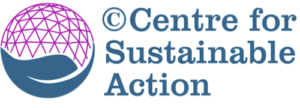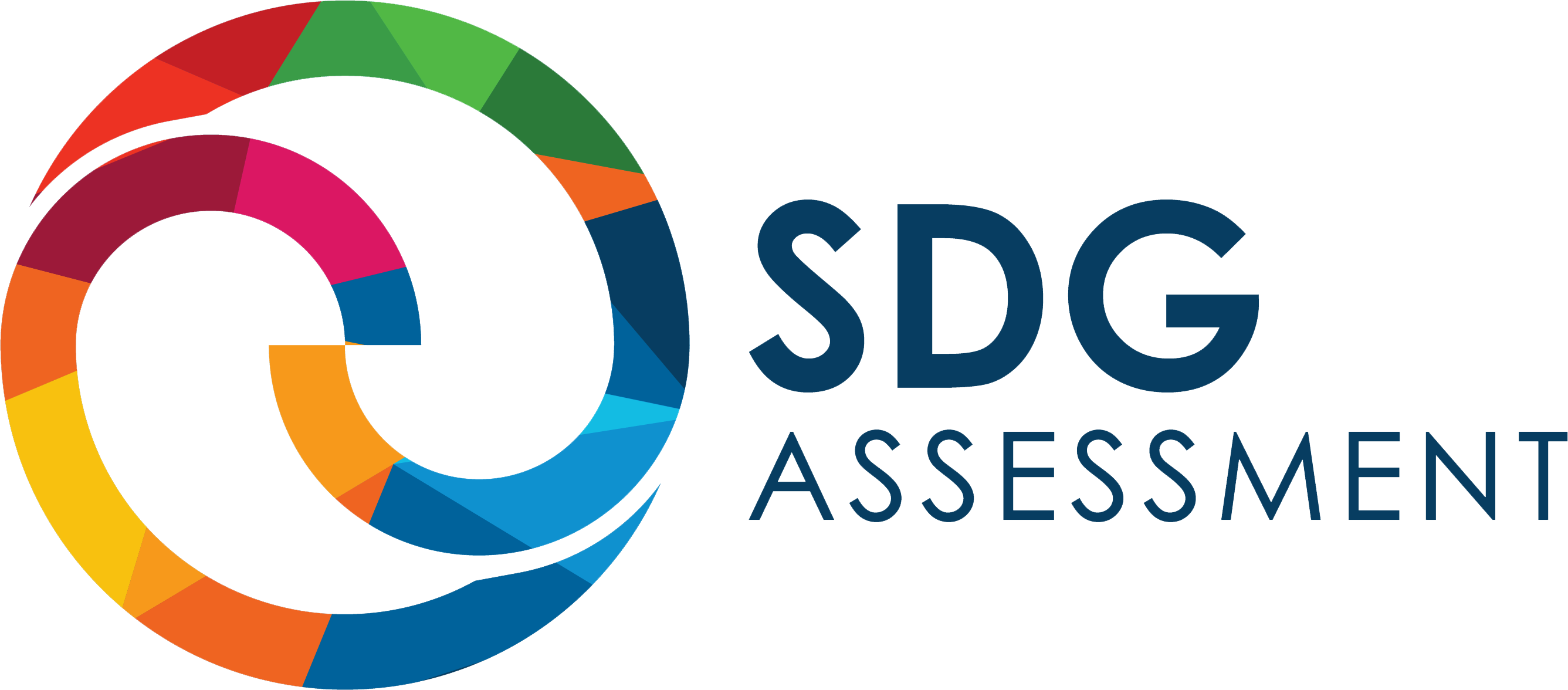The Sustainable Development Goals (SDG) are a set of 17 ambitious targets that aim to end poverty, protect the planet and ensure prosperity for all. SDG number 2 is focused on achieving zero hunger, and its implications for business are far-reaching. Companies need to take into account not only their direct operations but also their Scope 3 emissions to ensure a sustainable future. This blog post looks at how companies can use SDG number 2 to create a better future and build a more sustainable business model.

What is SDG number 2?
SDG number 2, otherwise known as the “Zero Hunger” goal, is part of the United Nations Sustainable Development Goals (SDGs). This goal focuses on ending hunger and achieving food security, improved nutrition, and sustainable agriculture. It seeks to ensure access to safe, nutritious, and sufficient food for everyone. It also encourages businesses to adopt more sustainable agricultural practices, such as improving land management, encouraging crop diversification, and reducing post-harvest losses.
This goal has strong environmental, social, and economic benefits and is therefore an important part of any business’ ESG strategy. Adopting sustainable agricultural practices can help protect local ecosystems and improve air quality through reduced emissions from burning fossil fuels or pesticides. It can also reduce soil erosion, improve water retention in soils, and help preserve biodiversity.
Non-Agricultural Businesses
If you are a business outside of agriculture you can achieve this goal by promoting access to adequate nutrition through healthy diets options in the workplace which can improve overall health and productivity of your workforce. Make sure there are predominantly healthy options for your staff, enough time to have lunch without rushing or eating at your desk.
Further outcomes of this will be a reduction in healthcare costs in both the short and long term.. All of these factors combined make the business case for investing in SDG number 2 clear.

Why is it important for businesses?
Businesses have a responsibility to contribute to global sustainability and ensure a better future for generations to come.
It is essential for businesses to take part in achieving SDG number 2 in order to promote responsible environmental, social, and governance (ESG) practices. By investing in initiatives that reduce food insecurity and malnutrition, businesses can improve their reputations as well as attract potential customers and investors who believe in the same values. Furthermore, businesses have the power to create positive change in the food supply chain and reduce their own carbon footprints.
By committing to SDG number 2, businesses can make a real difference in the world and help create a sustainable future.
What are some ways businesses can achieve SDG number 2?
One way businesses can work towards achieving SDG number 2 is by promoting sustainable agricultural practices. This could include implementing more eco-friendly farming techniques such as reduced-tillage farming, conservation agriculture, and integrated pest management. Businesses should also focus on increasing access to food through donations or investing in programs that provide nutritional meals to communities in need.
Businesses should also look at their supply chain and ensure that all of their suppliers are following ethical labor practices and taking steps to reduce their carbon footprint. Companies can use their influence to make sure that their suppliers are treating workers fairly, offering benefits and a living wage, and that they’re implementing eco-friendly manufacturing processes.
Finally, businesses can use their resources to invest in technologies that support sustainable food production. This could include investing in renewable energy sources such as solar or wind energy, as well as developing new crop strains that are more resistant to disease and climate change. By investing in these technologies, businesses can make an impact on the global food supply and help achieve SDG number 2.
Can you believe that the UK alone wastes 14 million tonnes of food every year!!!
IDEA!!
Why not start a food waste awareness campaign within your business, SDG Assessment App Level 1 is the perfect place to commit to this project, calculate your current carbon footprint and project parameters then you will be able to verify your commitments success at the end of the year with our verification process.
 Has a suite of courses and are our training providers contact them for support with providing sustainable lifestyle & business strategy courses. Contact them for more information. CLICK HERE
Has a suite of courses and are our training providers contact them for support with providing sustainable lifestyle & business strategy courses. Contact them for more information. CLICK HERE
The benefits of achieving SDG number 2
Achieving this goal has immense benefits for businesses that are looking to promote sustainability in their operations. Sustainability-marketed products, compared with conventionally marketed products, saw a 39.5% price premium; this is also known as the Purpose Premium and was detailed in a Deloitte article.
For one, businesses will be able to reduce their environmental footprint. Sustainable agriculture practices can help reduce greenhouse gas emissions, as well as conserve water and soil resources. Additionally, businesses can also reduce waste by making use of existing resources in a more efficient way.
Another benefit of achieving SDG number 2 is improved employee morale. Having a clear purpose and direction that is focused on improving the environment can create a sense of pride in the workplace. This can lead to increased productivity and employee satisfaction, which can have a positive effect on the bottom line.
Finally, businesses that focus on achieving SDG number 2 will benefit from better customer loyalty. Customers are increasingly looking for products and services that are sustainably produced and have a positive impact on the environment. Companies that are able to show that they are committed to sustainability will be able to build a loyal following of customers who value their commitment to sustainability.
Overall, there are numerous benefits for businesses that are committed to achieving SDG number 2. All of these factors will contribute to the overall success of the business.
How can businesses get started with reporting and verification?
©SDG Assessment is a research-based mobile app designed to support small business sustainability, environmental social governance (ESG) planning, implementation and performance reporting. Supporting large businesses with improving value chain impacts and reducing scope 3 emissions.
Author Sian Young






